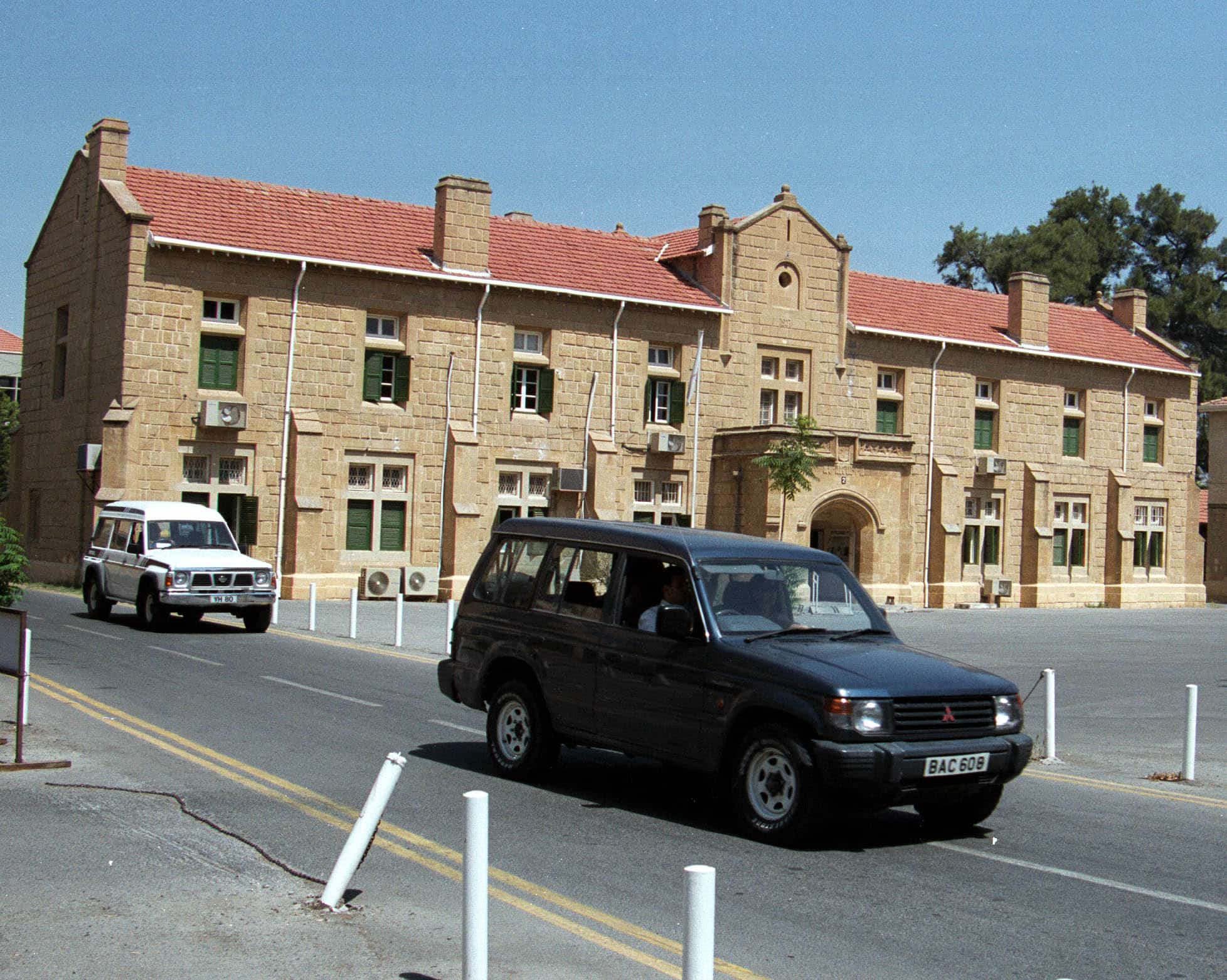A USB storage device containing content extracted from the mobile phone of former Akel MP Christakis Giovanis was the main topic of discussion at Friday’s hearing of the court case regarding the three people facing criminal charges over a report by news company Al Jazeera into the alleged illegal naturalisations of people as citizens of the Republic of Cyprus, commonly known as the ‘golden passports scandal’.
Giovanis, former House president Demetris Syllouris and senior lawyer for the Giovanis Group Antonis Antoniou are facing charges, including conspiracy to subvert the Republic and influencing a public official in violation of the laws criminalising corruption.
Prosecution lawyer Charis Karaolidou submitted the memory stick as evidence, with Giovanis’ lawyer George Papaioannou saying he would not object to its submission.
Karaolidou then called a witness to the stand to speak about the device’s contents, with the witness saying it “contains information about calls made from the phone and from applications as well as deleted calls”.
Additionally, the witness said, the device contains contacts, the history of its connection to wireless networks, location history, and other media including audio files, images, videos, notes, and internet searches made by Giovanis.
Karaolidou then asked the witness to display some of the photographs found on the device, some of which depict Giovanis, Syllouris, and other people.
The witness said the photographs were taken between 2017 and 2020, and that they appear to have been taken at a hotel in Pissouri, at another location in Paralimni, and that for other files, there was inaccurate location data or no location data at all.
Syllouris’ lawyer Chris Triantafyllides argued that a photograph depicting Syllouris and Giovanis together was “irrelevant” to the case, before asking the witness about the apparent inaccurate location data in some instances and whether data extracted from Google Maps may be inaccurate.
A back-and-forth then ensued regarding the finer details related to GPS data, other means of determining the location of a mobile phone at any given time, and the order used to gain access to the files in the first place.
The next three hearings will take place on March 7, March 18, and March 21.
Al Jazeera aired an almost hour-long expose of the scandal in October 2020, prompting Syllouris and Giovanis to both resign.
In the documentary, undercover reporters played the role of agents acting on behalf of a fictional Chinese businessman with a criminal record, aiming to secure him Cypriot citizenship.
Syllouris, Giovanis and others were shown offering to help the man in his quest for citizenship despite his criminal record.
The government of the day then scrapped Cyprus’ citizenship by investment scheme, with the European Union having launched legal proceedings over claims the scheme had been used to sell passports to dubious individuals.
A subsequent inquiry found that 53 per cent of 6,779 citizenships granted through the scheme were unlawful, with the government since having commenced the process of cancelling the citizenship of some naturalised through the scheme.






Click here to change your cookie preferences